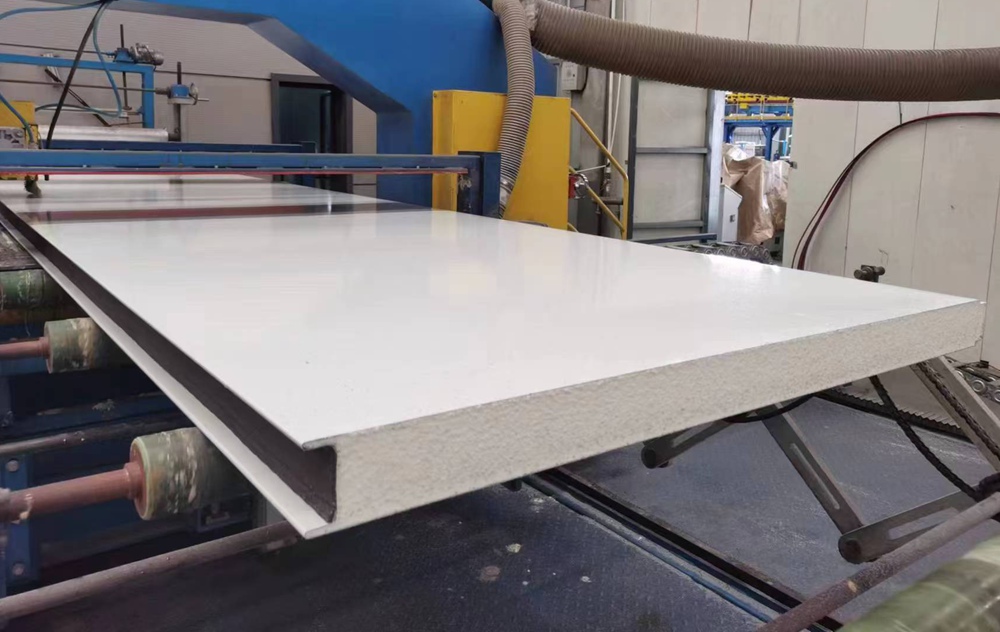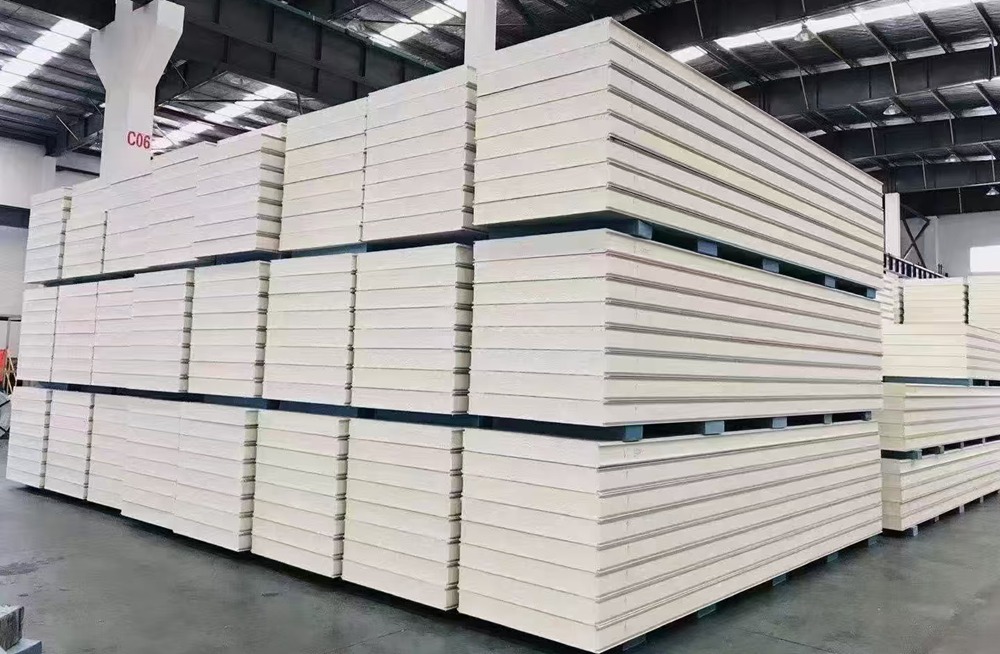This article was last revised in 363 Days ago, some of its contents may have changed. If you have any questions, you can ask the author。
Are you also very troubled by the fact that perfectly good panels end up scratched during loading and unloading? Are you looking for an efficient solution to prevent scratches on panels?
Protecting panels during transportation and handling is crucial to ensure their surfaces remain free from scratches and damage. In this article, LUSEN will provide a set of professional operating guidelines to minimize damage to panels during loading and unloading.

I. Initial Protection Measures for Panels
Application of Protective Film: After panel production is completed, LUSEN immediately covers the surface with a layer of protective film. This protective film should have excellent wear resistance and tear strength to provide the first line of defense during transportation.
Selection of Protective Film: Choose a protective film suitable for the material of the panels, ensuring it does not easily peel off during handling and can be easily removed without leaving adhesive residue before final use.
II. Operating Standards During Loading and Unloading
Manual Handling: During loading, trained workers should handle each panel carefully, stacking them one by one. This method reduces friction and collisions between panels, thereby lowering the risk of scratching.
Handle with Care: When unloading at the destination port, staff should treat the panels as if they were artworks, lifting and gently placing them down with both hands. Avoid dragging or pulling actions, which can easily lead to surface scratches.
Use of Professional Tools: During handling, use specialized tools such as wide-faced forklifts and suction cups to reduce direct contact with the panels and potential damage.
Avoid Heavy Pressure: Ensure that the panels are not subjected to heavy pressure during transportation, especially when stacked in multiple layers. Use appropriate spacing materials to distribute pressure and protect the panel surfaces.
III. Handling of Scratch Incidents
Assess Damage Severity: If scratches are found on the panels, first assess the extent and scope of the damage to determine the best course of action.
Cleaning Treatment: For minor scratches, use professional cleaners and soft cloths to gently wipe away surface dirt and light scratches.
Sanding and Polishing: For deeper scratches, local sanding and polishing may be necessary to restore the original luster of the panels.
Professional Repair: In some cases, professional repair services may be required, especially for high-value or special-purpose panels.
Record and Report: All scratch incidents should be thoroughly documented and reported to analyze causes and implement preventive measures against future occurrences.
IV. Training and Supervision
Employee Training: Regularly train employees involved in loading and unloading operations to reinforce the importance of protecting panels and teach correct handling techniques.
Supervision and Inspection: During loading and unloading, assign dedicated personnel to supervise and ensure all operations comply with established standards and procedures.
